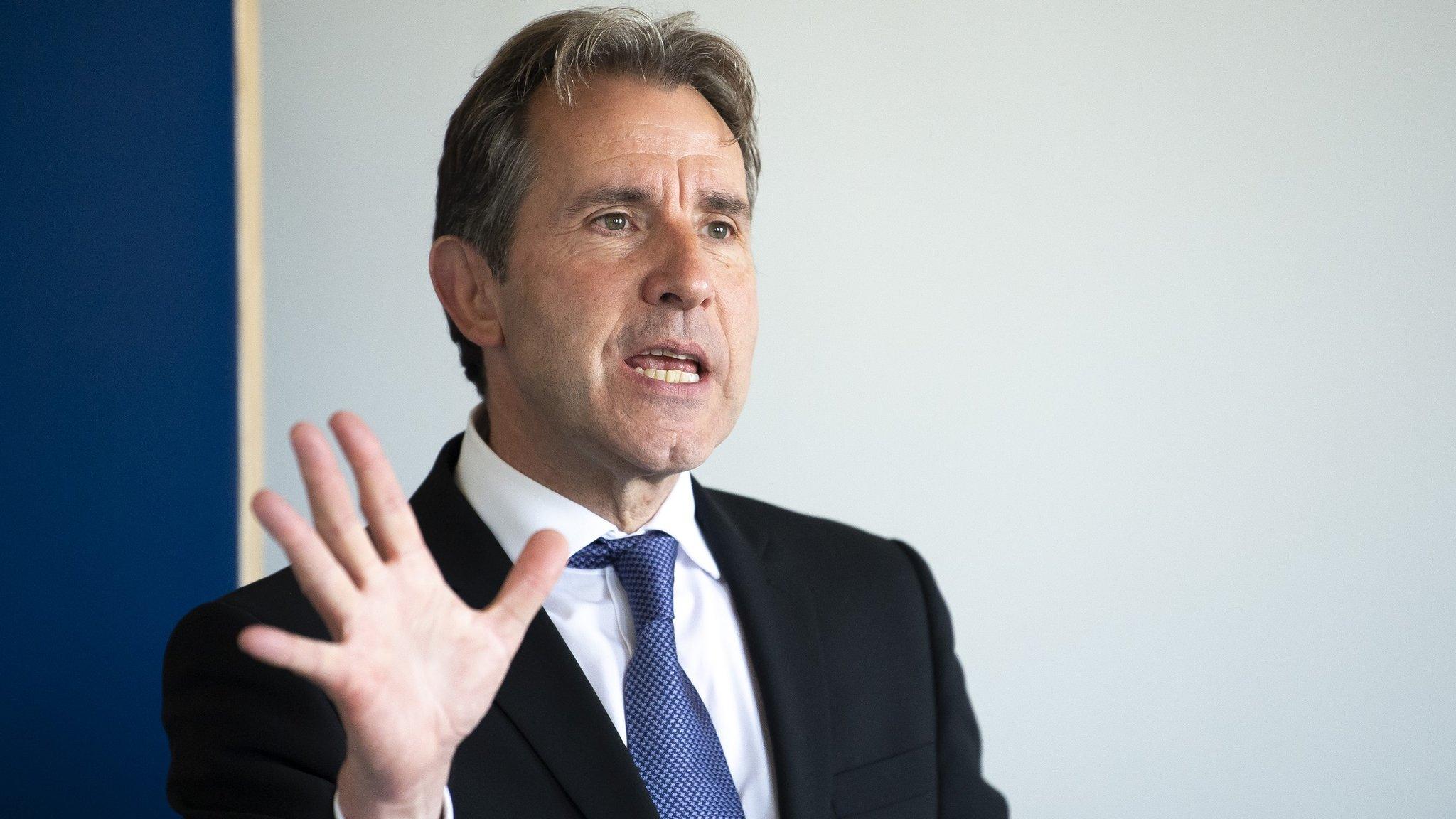Bristol's poorest families may be asked to pay council tax
- Published
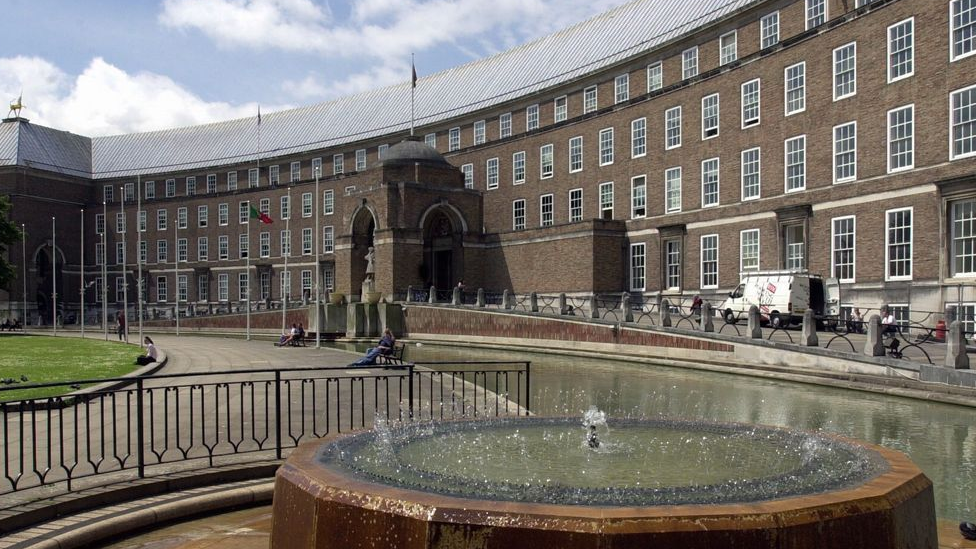
The proposal was made at a council budget scrutiny meeting on 23 November
About 18,000 of Bristol's poorest households may have to start paying council tax, under proposals to reduce a local authority financial shortfall.
Bristol City Council has proposed cutting £3m from its council tax reduction scheme (CTRS).
It means 18,000 households could be asked to contribute 10% or 20% from April 2024, a budget scrutiny meeting on the 23 November heard.
Councillor Mark Bradshaw said: "It's a very painful thing to consider."
The CTRS cuts had been put forward reluctantly by the Labour administration, a budget scrutiny meeting on the 23 November heard.
Financial shortfall
The Local Democracy Reporting Service says the cuts are part of a range of cost-cutting measures to meet a huge financial shortfall at the local authority.
As well as the 18,000 households currently exempt from council tax, a further 5,000 working-age adults claim a discount, based on income and benefit allowances.
About 13,000 pensioners in the city receive support to reduce or cover their bills, which is not under threat because of government policy. However, this has to be paid for out of council finances, amounting to £13m this year out of the scheme's £42m total costs.
Bristol is the only major city to have kept the full reduction in place, but the authority is now proposing £45.7m of cuts to services in its annual budget, which will be set in February, as it faces a funding gap of between £37.5m and £87.6m from 2023/24 to 2027/28.
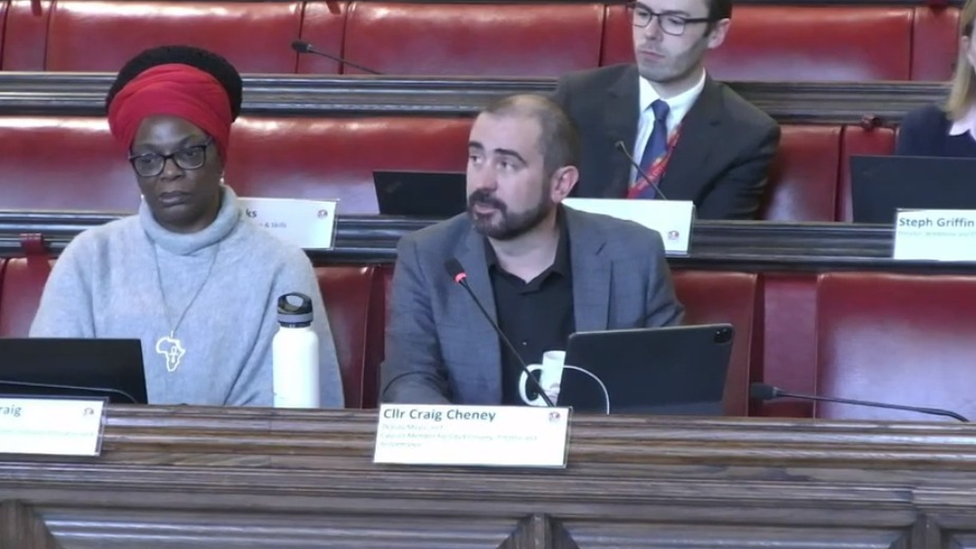
Deputy mayor Craig Cheney at Bristol City Council budget scrutiny meeting on Wednesday, 23 November
Deputy mayor in charge of finance, councillor Craig Cheney, told the budget scrutiny meeting: "It has been a red line for us.
"It's something close to my heart personally, it's something I've fought for and argued for a number of years, and to have to put it forward is emotional."
'Things dire'
Opposition Green councillor Martin Fodor said: "It's a measure of how dire things are that this is back in consultation. To cut this support is really worrying."
Other cost-cutting plans in the budget include reducing business rate relief for charities from 100% to 80% and halving the authority's contribution to the local crisis prevention fund, which provides discretionary emergency payments for essentials and household goods for people in financial hardship.
Mr Fodor said the measures combined showed the situation was "desperate" and "disturbing".
Finance director Denise Murray said any final proposals would be produced by a group of scrutiny councillors and officers, and would require a 12-week statutory consultation next summer.

Follow BBC West on Facebook, external, Twitter, external and Instagram, external. Send your story ideas to: bristol@bbc.co.uk , external
Related topics
- Published25 November 2022
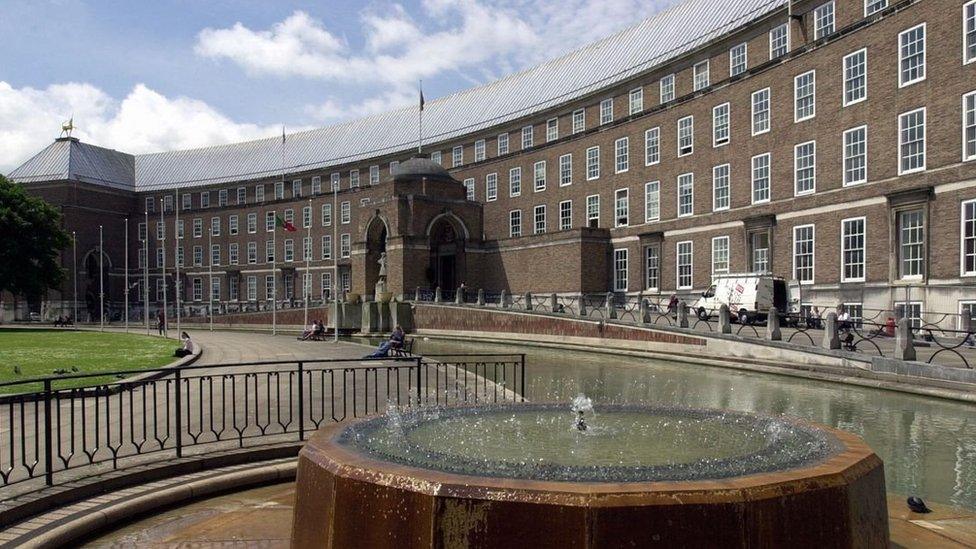
- Published24 November 2022
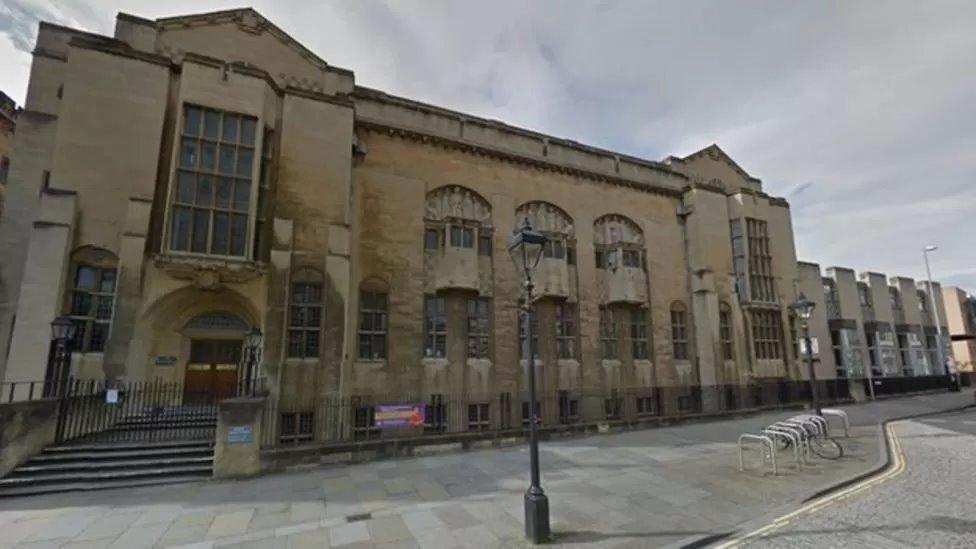
- Published21 November 2022
